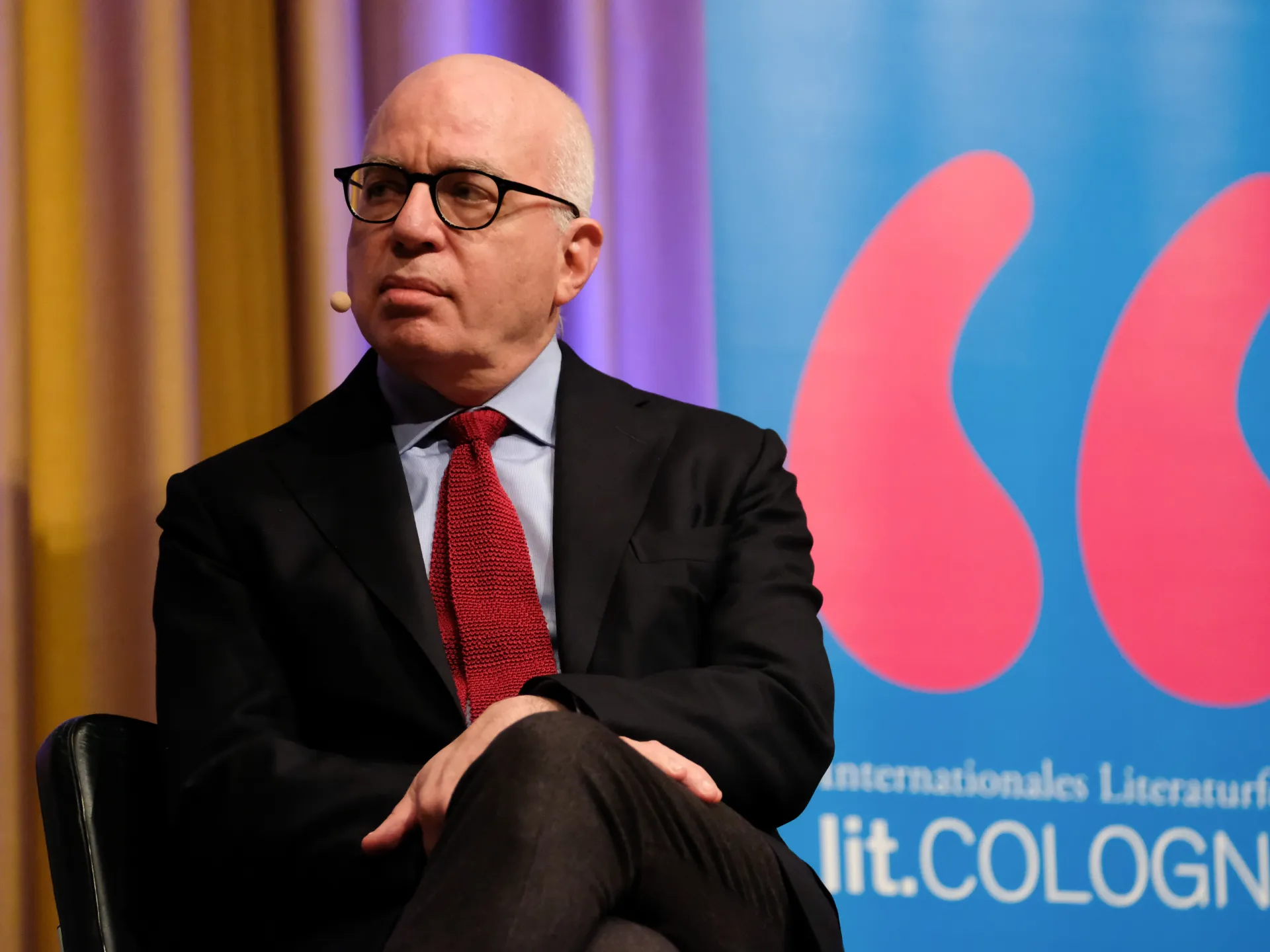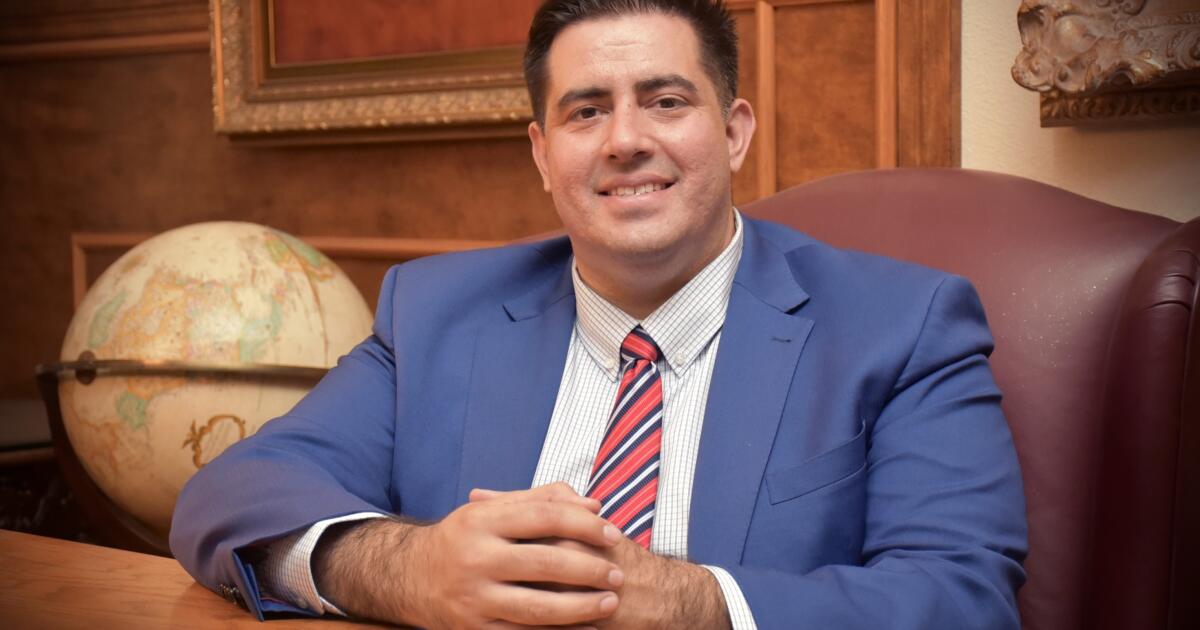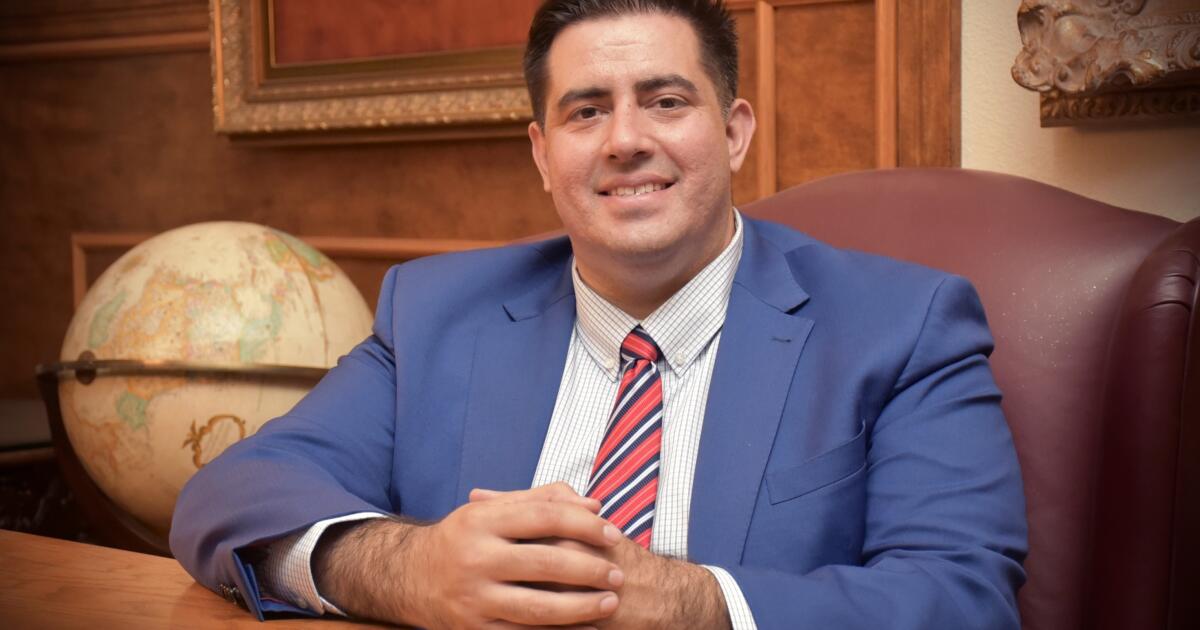Epstein emails with author Wolff raise journalism ethics questions: Experts | Media News
A newly released batch of correspondence involving disgraced sex offender Jeffrey Epstein has prompted new speculation about ties between the deceased financier and United States President Donald Trump, but experts say its significance stretches beyond the White House.
The never-before-seen emails have added to pressure on the Trump administration to release files about Epstein in the US government’s possession, with a vote in Congress now expected as early as next week. Trump has rejected suggestions that he has anything to hide, and insists that while he knew Epstein, they broke ties in the early 2000s.
Recommended Stories
list of 3 itemsend of list
But the newly released emails also raise ethical questions about the role played by acclaimed author Michael Wolff as he appeared to provide advice to Epstein on how to handle his dealings with Trump.
In the exchanges published by the Democrats on the House Oversight Committee, Wolff – best known for his bestselling books on the first Trump presidency – appeared to share confidential information before a presidential debate on CNN in December 2015 with Epstein, advising him on how to exploit his connection with Trump.
“I hear CNN planning to ask Trump tonight about his relationship with you – either on air or in scrum afterwards,” Wolff wrote.
“If we were to craft an answer for him, what do you think it should be?” Epstein replied.
“I think you should let him hang himself. If he says he hasn’t been on the plane or to the house, then that gives you a valuable PR and political currency,” Wolff told Epstein.
“You can hang him in a way that potentially generates a positive benefit for you, or, if it really looks like he could win, you could save him, generating a debt. Of course, it is possible that, when asked, he’ll say Jeffrey is a great guy and has gotten a raw deal and is a victim of political correctness, which is to be outlawed in a Trump regime,” Wolff added, in his response to Epstein.
Al Jazeera reached out to Wolff for comment, but has not received a response.
In a conversation on a podcast with the news outlet The Daily Beast, Wolff said he was seeking to build a relationship with Epstein at the time to better understand Trump, but acknowledged that in “hindsight”, his comments could be seen as “embarrassing”.
Wolff, 72, is best known for his four books exposing the inner workings of the first Trump presidency, including Fire and Fury: Inside the Trump White House.
Jane Kirtley, professor of media ethics and law at the University of Minnesota, said any judgement on whether behaviour like Wolff’s with Epstein was appropriate would depend on how the writer’s role is understood.
“Some people are reporters, some are commentators, and some are book authors, and there are some differences in the way that those different people operate,” Kirtley told Al Jazeera.
“If you want to be a public relations person, or if you want to be an agent, those are perfectly valid career choices. But I think that they are unfortunately incompatible with journalism because the public has a right to assume and to believe that you are acting independently,” she continued.
“You can’t serve two masters, as the saying goes, and your interest has to either be the public interest or serving some other interests.”
Insider reporting
Experts note that reporters often face ethical and professional dilemmas while cultivating relationships with sources, especially in areas where insider information is highly sought after, such as Wolff’s research on relations between various figures in the first Trump administration.
But the prerogative to build rapport with sources, especially those with influence, can also raise difficult questions about a reporter’s proximity to the very centres of power they are supposed to be scrutinising.
Edward Wasserman, a professor of journalism at the University of California, Berkeley, said such relationships have to maintain certain boundaries and be balanced with the usefulness of the information being brought to the public’s attention.
“I think that the public has the right to be sceptical of this kind of cosy relationship with sources,” Wasserman told Al Jazeera. “But the answer the journalist has is that this is in the interest of the public, that there’s a redemptive dimension to this. It enables the kind of relationships that will allow people to confide in a reporter, who can then share that information with the public.”
Still, such relationships can also have a troubling inversion, where a journalist might be tempted to offer a source preferential treatment if they believe they might be rewarded with information.
Another journalist who corresponded with Epstein in emails released on Wednesday, a former New York Times finance reporter named Landon Thomas Jr, also appeared to have a close relationship with the convicted sex offender, whom he informed about a writer named John Connelly who was researching him.
“Keep getting calls from that guy doing a book on you – John Connolly. He seems very interested in your relationship with the news media. I told him you were a hell of a guy :)” Thomas Jr said in an email dated June 1, 2016.
“He is digging around again,” Thomas Jr said in another email to Epstein on September 27, 2017. “I think he is doing some Trump-related digging too. Anyway, for what it’s worth…” he added.
The public broadcaster NPR reported that Thomas Jr was no longer working for the Times by January 2019, and it had come to light that the reporter had asked Epstein for a $30,000 donation to a cultural centre in New York City. The New York Times has previously stated that the behaviour was a clear violation of its ethics policies and that it took action as soon as it learned of the incident.
In the case of Wolff, Wasserman also noted that his direct participation in matters relating to Trump, Epstein, and the media raised doubts about the writer’s ability to credibly report on those issues. Those questions may be especially poignant in a scandal that, for many people in the US, has become a symbol of close relationships among figures at the highest levels of power.
“The problem is that Wolff was offering advice on how to engineer, how to play this situation, in a way that’s advantageous to Epstein. And the problem that I have with that is that he then would presumably preserve the right to report on the consequences,” he said.
It also remains unclear whether Wolff’s relationship with Epstein resulted in the kind of public revelations that journalists typically point to when justifying close ties with sources.
“It occurs to me as important that in this exchange, Wolff doesn’t do anything to illuminate the core mystery, which is whether Trump was a sexual participant in what was going on with Epstein and these young women,” said Wasserman.
“And there’s nothing in this where I’m seeing Wolff even asking that,” he added.



